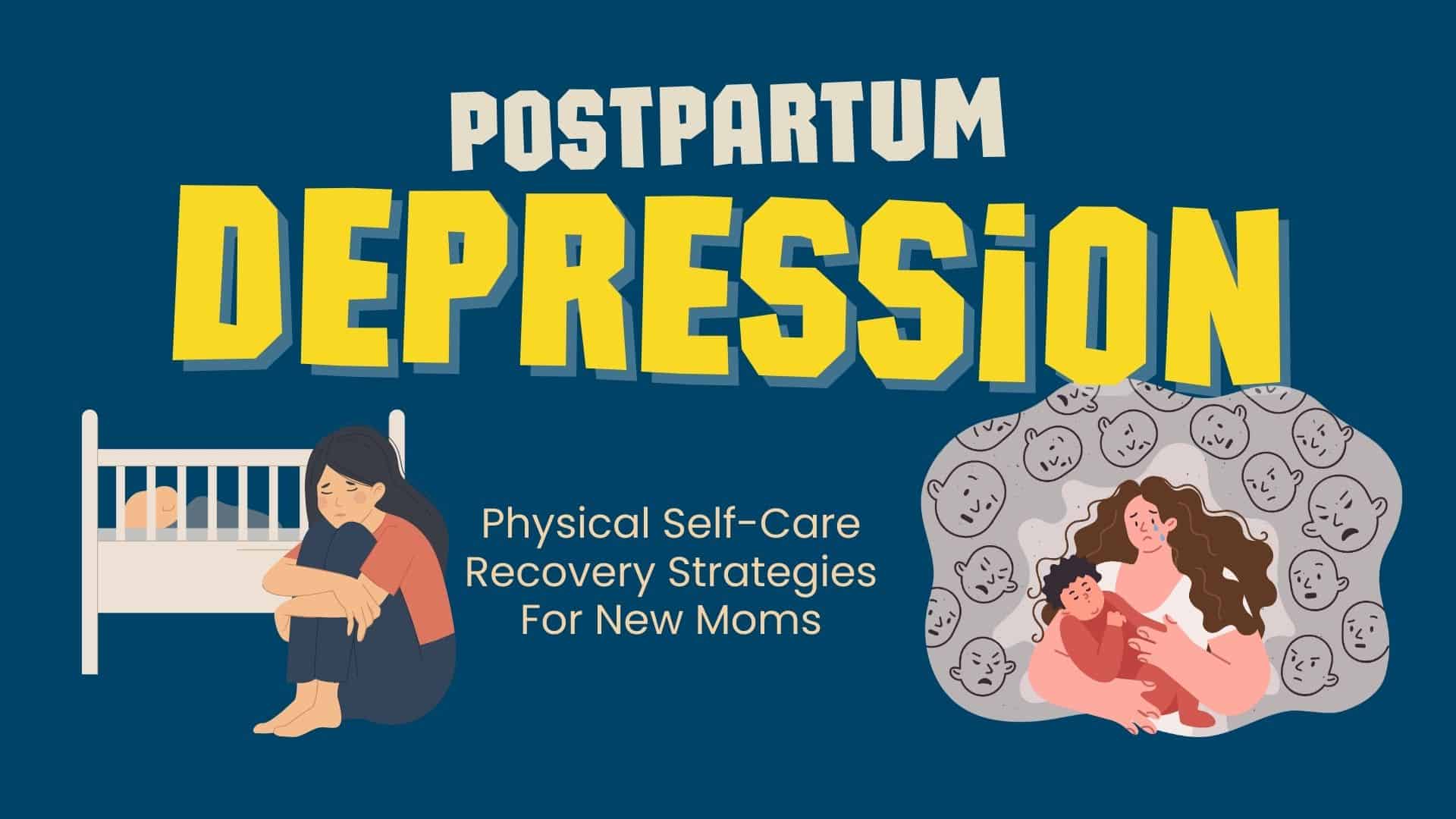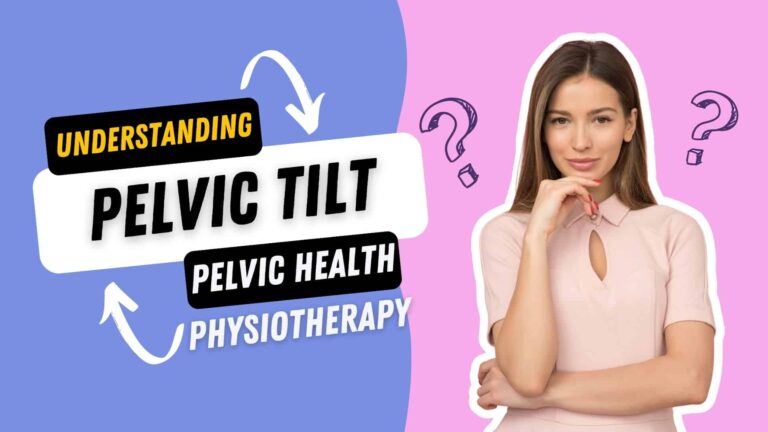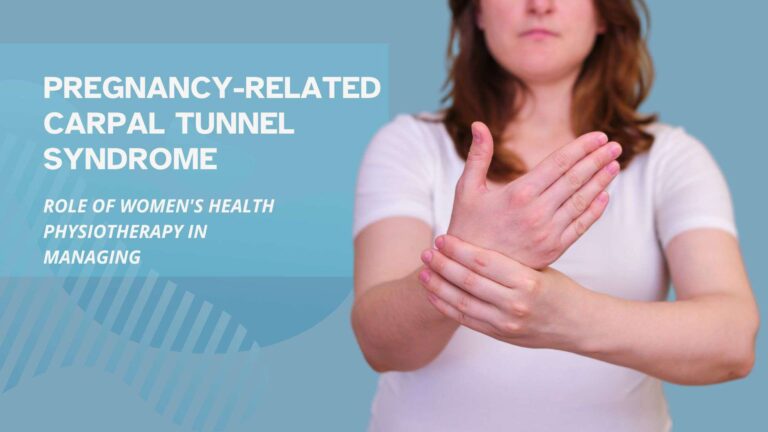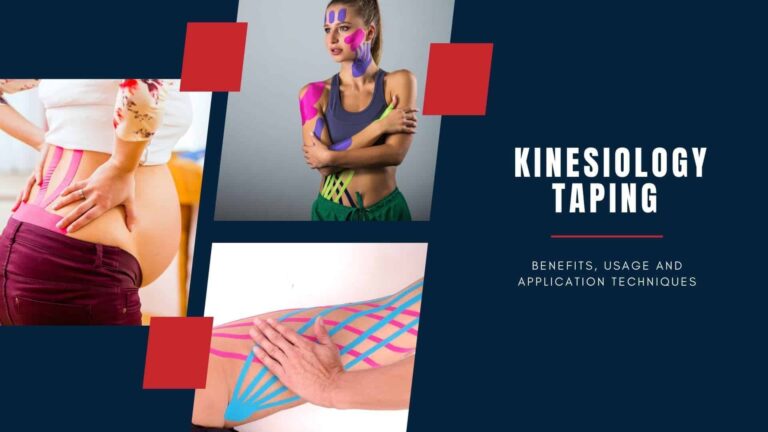Postpartum Depression | Physical Self-Care Recovery Strategies For New Moms
Postpartum depression (PPD) is a challenging condition that many new mothers face after giving birth, affecting both mental and physical well-being. You’re not alone. Postpartum depression affects up to 1 in 7 women.
As physiotherapists, we recognize that while emotional support and mental health care are essential, physical self-care also plays an important role in recovery. The connection between your body and mind is quite powerful, and utilizing specific physical strategies can help moms cope with symptoms of postpartum depression while improving overall health.
Key Takeaways:
- Understand postpartum depression and its impact
- Learn essential self-care strategies for managing PPD
- Discover how to prioritize rest, nutrition, and gentle exercise
- Explore stress reduction techniques and the importance of social connections
- Learn about long-term recovery and when to seek professional help

What is postpartum depression?
Postpartum depression can occur anytime within the first year after giving birth. It is more than just “baby blues.” It can affect new mothers in the weeks and months following childbirth. In Canada, approximately 7.5% of women report depressive symptoms during the postpartum period(1).
Symptoms of postpartum depression may include:
- Feeling overwhelmed
- Mood swings
- Sadness
- Anxiety and irritability
- Changes in appetite or lack of sleep
- Fatigue or loss of energy
- Difficulty bonding with your baby
It’s important to recognize the signs of depression. Still, it is also essential to understand that these signs do not reflect your abilities as a mother but a medical condition that requires attention and care. If you’ve been experiencing these symptoms for over two weeks, reaching out to your healthcare provider for support and guidance is essential.
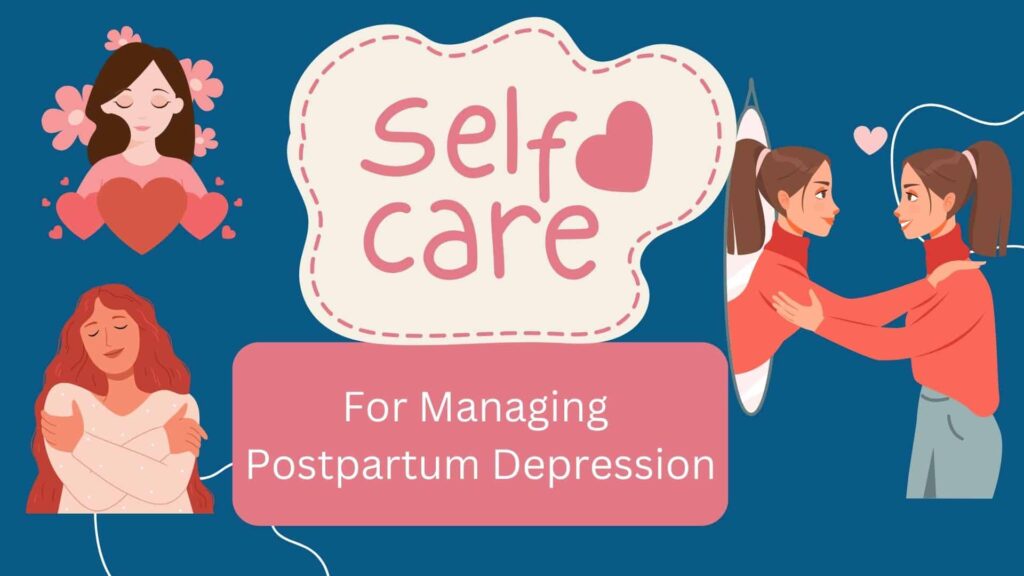
The role of self-care in managing postpartum depression
Self-care is not a luxury; it’s a necessity for new mothers dealing with symptoms of depression. Engaging in self-care practices are intentional steps to boost your physical, emotional, and mental health.
Benefits of self-care for new mothers include:
- Reduced stress and anxiety levels
- Improved bonding with your baby
- Increased energy and stamina
- Better sleep quality
- Strengthened immune system
- Greater stability in facing challenges
However, many new moms face obstacles to self-care, such as:
- Lack of time due to constant caregiving demands
- Feelings of guilt for taking time for themselves
- Limited support from partners or family members
- Financial constraints
- Unrealistic expectations of motherhood
Overcoming these barriers is crucial for your well-being and your baby’s health. Remember, caring for yourself is not selfish; it’s essential for bringing the best mother in you.
Essential physical self-care strategies
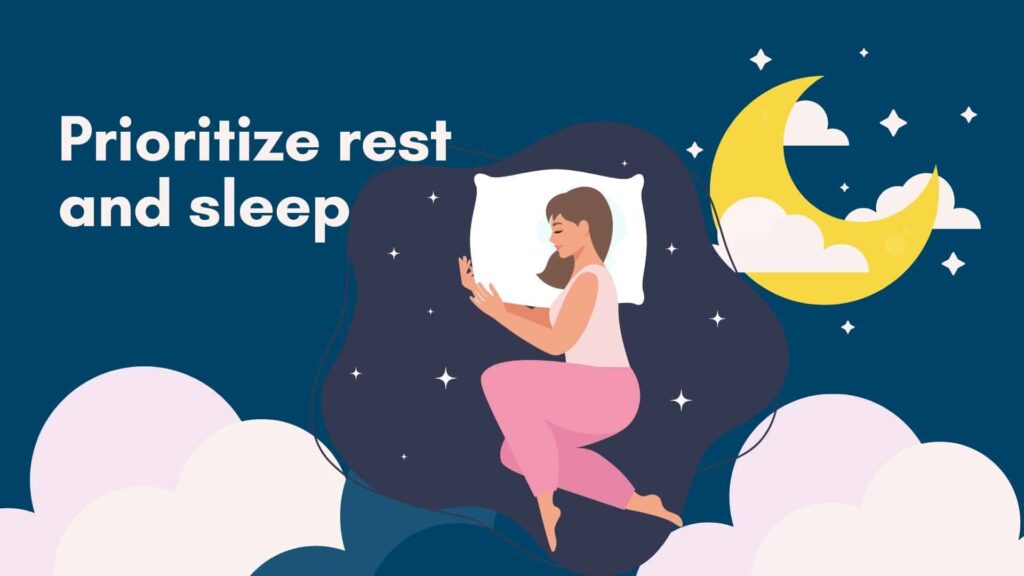
Prioritize rest and sleep
Sleep deprivation is often a major contributor to post-partum depression. While getting solid blocks of sleep can be difficult with a newborn, prioritizing rest is key to physical and mental recovery.
Self-care practices:
- Sleep posture: Physiotherapists can help you find supportive sleeping positions, especially if you’re dealing with discomforts like back pain or pelvic soreness. Proper alignment can improve sleep quality, even if the quantity is limited.
- Restorative stretching: Incorporating gentle stretches throughout the day, particularly if you’re feeling tense, can help relieve muscle strain and calm the nervous system, promoting relaxation and better sleep.
- Seek assistance: Do not hesitate to ask for help with night feedings; if possible, have your partner or a family member take turns. Try to sleep when your baby sleeps, even if 20-30 minutes in the day; it can be quite beneficial.

Nourish your body
Proper nutrition plays a vital role in managing postpartum depression. A balanced diet can help stabilize your mood and energy levels.
Here are some Ideas:
- Focus on whole foods: Include plenty of fruits, vegetables, whole grains, and lean proteins. Omega-3 fatty acids like fish, flaxseeds, and walnuts can help support brain health. Prepare easy, nutritious snacks like cut vegetables, fruits, or nuts that are easily accessible.
- Stay hydrated: Drink plenty of water throughout the day, especially breastfeeding.
- Don’t skip meals: Eating regularly helps maintain stable blood sugar levels and energy.
Meal planning and preparation can be challenging with a newborn, so don’t hesitate to accept help from friends and family. Consider batch cooking or meal delivery services to ensure you have nutritious meals.
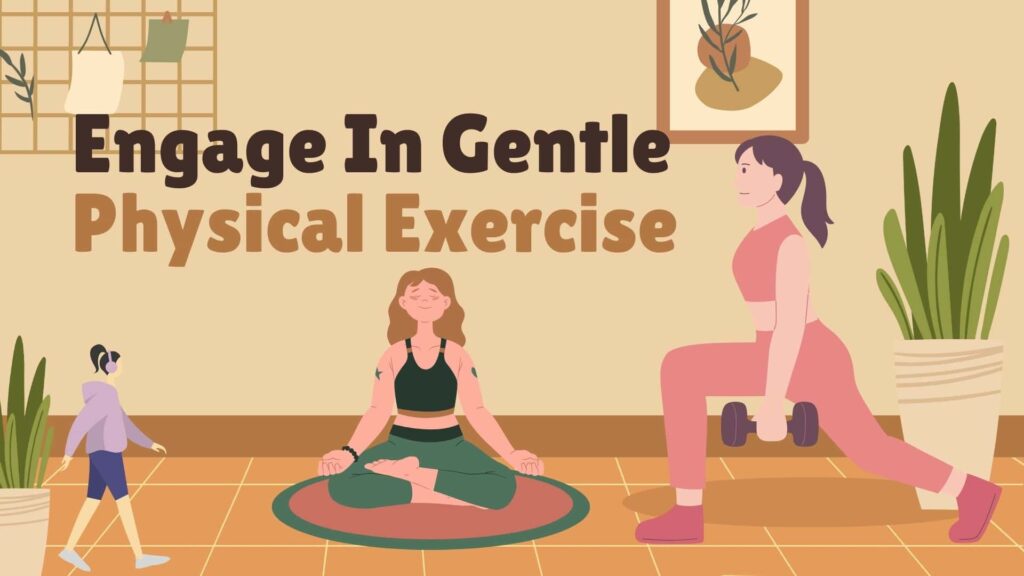
Engage in gentle physical exercise
Physical activity and exercises release endorphins, often called “feel-good” hormones, which help improve mood and energy levels. However, after childbirth, it’s essential to start slowly, especially if you’re recovering from a cesarean section or complicated deliveries. Start with gentle activities and gradually increase intensity as you feel ready:
Some suggestions:
Walking: A gentle walk, even around the house or garden or taking short walks with your baby, can provide a much-needed mental break and boost circulation.
Postpartum yoga: Yoga focuses on gentle stretching, breathing, and mindfulness. Many postpartum yoga routines are designed to restore core strength and promote relaxation, offering physical and emotional relief.
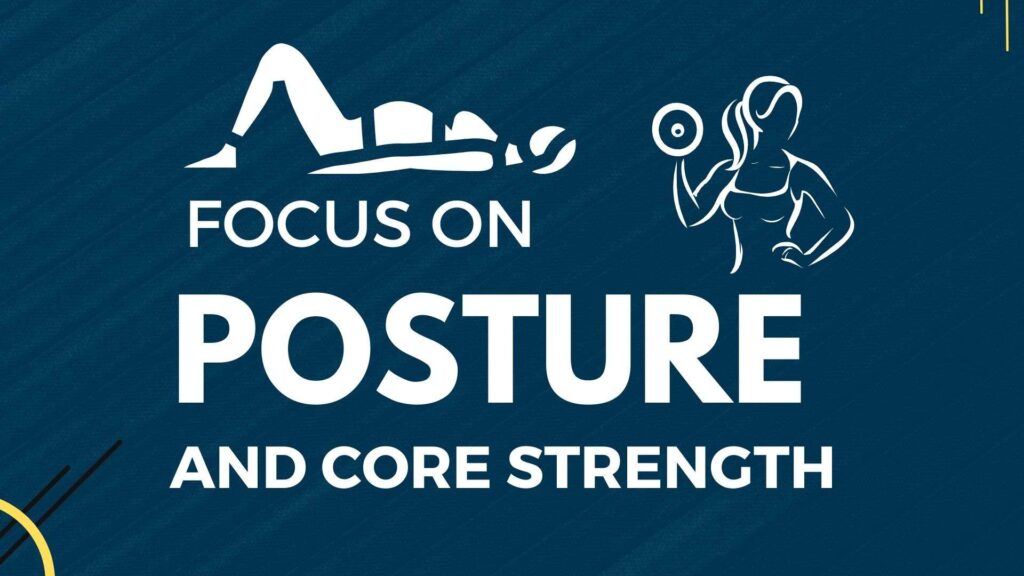
Focus on posture and core strength
Many moms experience poor posture after giving birth due to feeding, holding, and carrying their baby. Improving posture and core strength can alleviate discomfort and reduce strain on your body, which can, in turn, improve your mental state.
Physiotherapist tips:
Postural alignment: When sitting or standing, practice good posture by keeping your back straight, shoulders back, and chin slightly tucked in. This helps prevent slouching, which usually leads to aches and affects your mood. Over time, these small adjustments can ease discomfort and help you feel more balanced.
Strengthen your core: Start with gentle core exercises like pelvic tilts or modified planks. Strengthening your core can improve posture, reduce back pain, and boost your energy levels, positively affecting your mental health.
Pelvic floor exercises: Strengthening the pelvic floor, often weakened during pregnancy and birth, can restore muscle tone and improve overall physical function.
Physiotherapists can assess your posture and provide exercises to correct slouching or hunching. They can also give tips on posture correction when feeding or lifting your baby and guide you through the appropriate exercises to ensure you do them correctly.

Incorporate mindful movement and stress reduction techniques
Mindfulness, when paired with any movement, can be an effective way to manage symptoms of postpartum depression. Engaging in mindful practices helps reduce stress hormones and boosts overall mental clarity.
Recommended practices:
Remember, taking a few minutes for yourself is okay, even if it means stepping away from your baby for a few minutes (ensuring they’re safe, of course).

Seek professional support when needed.
PPD is a complex condition, and while self-care is essential, it’s important to recognize when professional support is needed. Physiotherapists can work alongside other healthcare providers to create a holistic recovery plan. Pelvic floor physiotherapy can provide physical relief from pain and discomfort that can come postpartum, contributing to a better emotional state.
When to seek physiotherapy:
- If you’re experiencing pain or discomfort that limits your ability to care for yourself or your baby.
- If you’re struggling with physical recovery post-birth, such as diastasis recti (abdominal separation) or pelvic floor dysfunction.
- If you’re feeling disconnected from your body or struggling with physical activities due to fatigue, pain, or low energy.

Set realistic expectations
It’s essential to remind yourself that physical and emotional healing takes time. As physiotherapists, we often encourage moms to set small, achievable goals. Whether it’s a short walk, a few minutes of stretching, or practicing good posture, these small actions can have a big impact over time.
Here are some tips:
Remember, consistency is vital. Even small, regular acts of self-care can make a significant difference in managing postpartum depression.

Long-term self-care and recovery
Recovery from postpartum depression is a journey, not a destination. Long-term self-care strategies can help maintain your mental health.
Celebrate your progress, no matter how small. Each step forward is a victory in your recovery journey.

Final thoughts:
Postpartum depression is a demanding experience, but with the right strategies and support, recovery is possible. Remember, you’re not alone in this motherhood journey. New mothers can reclaim their strength, reduce stress, and boost a positive mindset by focusing on physical self-care strategies such as gentle movement, posture, breathing, and mindful exercises.
Physiotherapy offers valuable tools for moms dealing with postpartum depression. If you’re struggling with postpartum depression, don’t hesitate to seek out the support of a physiotherapist who can be a valuable part of your overall care team; your body and mind will appreciate you.
Remember, your health and well-being matters, not just for you but for your baby and your entire family. With time, appropriate care, and support, you can overcome postpartum depression and thrive in your role as a mother.

Cynthia Pathipati – Registered Physiotherapist
Cynthia Pathipati completed her bachelor’s in physiotherapy and is a qualified Registered Physiotherapist in good standing with the College of Physiotherapists of BC with more than 15 yrs of experience. She has Post-Graduate Credentials and Certifications as well as extensive knowledge experience in treating pelvic floor, orthopedic, neurological, vestibular and pain conditions.

